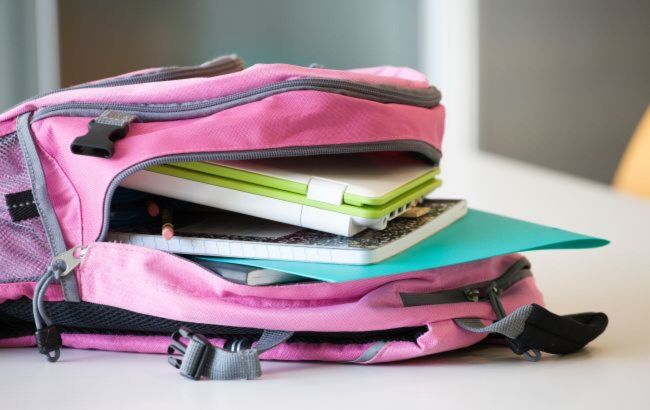North Korea to introduce Russian language in schools
 Photo: school backpack (Getty Images)
Photo: school backpack (Getty Images)
North Korea is expanding its humanitarian cooperation with Russia and making the Russian language a mandatory school subject, deepening the cultural and educational integration between the two countries, according to Politico.
Russia expands its influence in North Korea's education system
North Korea has decided to add Russian to the list of mandatory school subjects starting from the fourth grade. The curriculum expansion comes alongside a rapid increase in bilateral educational initiatives.
According to Russian officials, around six hundred people in North Korea currently study Russian, making it one of the country’s three most in-demand foreign languages.
Educational exchange and joint projects
Russian schools and universities are also showing growing interest in Korean: Moscow reports that three thousand schoolchildren and about three hundred students in Russia are learning the language.
Last year, ninety-six North Korean citizens enrolled in Russian universities, while another twenty-nine began geological training courses in Russia.
Cooperation between the two countries now extends to banking, energy, healthcare, and geology.
In North Korea, construction continues on a new center that will provide Russian-language education at the Kim Chol Ju University campus.
Deepening ties after start of war against Ukraine
Analysts note that cooperation between the two regimes has intensified since Russia invaded Ukraine. Pyongyang supplies Moscow with weapons and sends its personnel to take part in operations and demining in Russia’s Kursk region. In summer 2025, the number of Russian tourists visiting North Korean resorts increased due to new direct flights operated by Russian airlines.
As reported earlier, the Kremlin delivered a personal message from Putin to Kim Jong Un. During a meeting with North Korean foreign minister Choe Son Hui, the Russian leader conveyed reassurance that bilateral cooperation is developing as agreed.
Meanwhile, North Korea has largely exhausted the stockpile of artillery ammunition it had been sending to Russia, but has significantly increased production of FPV drones, shifting to mass manufacturing to support future military cooperation.

